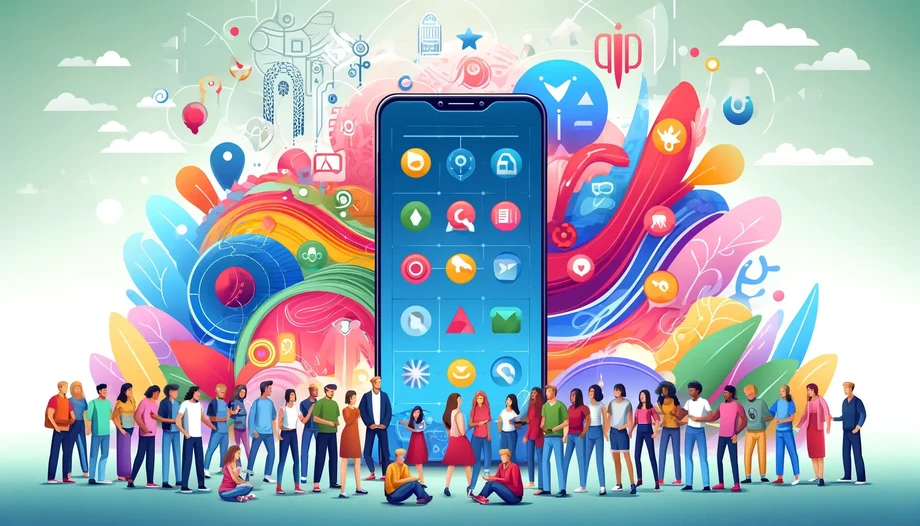In today's global market, mobile games have become a universal form of entertainment that transcends borders, cultures, and languages. This diversity presents unique challenges and opportunities for developers. A mobile game development company aiming to appeal to a wide audience must consider various factors to ensure its games are accessible, engaging, and culturally sensitive. Here, we explore key considerations and strategies for designing mobile games that resonate with diverse audiences.
Understanding Your Audience
The first step in designing a game that appeals to diverse players is to understand who your players are. Market research, player feedback, and data analytics are crucial tools. They help identify not just the demographics of your audience but also their preferences, gaming habits, and potential cultural sensitivities. This knowledge informs every aspect of game design, from the storytelling and character design to the user interface and gameplay mechanics.
Cultural Sensitivity and Localization
Cultural sensitivity is crucial for a mobile game development company. This goes beyond translating text and extends to adapting graphics, content, and context to align with different cultural norms and values. For example, color usage can vary significantly in meaning between cultures; red may signify danger in some areas and prosperity in others.
Effective localization involves more than just language translation; it includes modifying content to avoid cultural insensitivity and ensure that the game is enjoyable for each target market. Hiring game developers with experience in or knowledge of a particular cultural context can be invaluable in this process.
Accessibility Features
Designing for diverse audiences also means ensuring that games are accessible to players with disabilities, including auditory, cognitive, physical, and visual disabilities. Features like subtitles, colorblind modes, scalable interfaces, and customizable control schemes can address accessibility. Implementing these features not only broadens your audience but also enhances the user experience for all players.
Inclusive Gameplay
Inclusive design extends to the gameplay itself. It's important to offer different levels of difficulty and to consider various gaming styles and preferences. Some players may enjoy competitive gameplay, while others prefer a more casual, story-driven experience. Offering a range of options within the same game can cater to this diverse audience.
If You Want to Develop a Game, We Can Help
At [Your Company Name], we specialize in turning unique ideas into engaging gaming experiences. Whether you're looking to develop games for mobile devices PCs, or require sophisticated animation games, our team is equipped to bring your vision to life. By choosing to hire game developers from our seasoned pool of experts, you ensure that your game is crafted with precision, creativity, and a deep understanding of diverse player needs.
Hiring the Right Developer
For those looking to hire game developers, it's crucial to select professionals who are not only technically skilled but also have a sensitivity to the diverse nature of global audiences. Our developers are experienced in creating games that appeal to a wide range of users, emphasizing inclusivity and accessibility.
Conclusion
In conclusion, designing mobile games for diverse audiences requires a thoughtful approach that considers cultural, accessibility and gameplay diversity. A mobile game development company must leverage these elements to succeed in today's competitive market. By hiring experienced game developers who prioritize inclusivity and understand the nuances of global markets, you can create games that captivate and engage players from all walks of life.
If you're ready to start your game development journey, contact us today. Let's create something amazing together!
Read more blogs about the gaming industry:
Case Studies: Successful Implementations of AI in Mobile Games
Exploring AI-Driven Game Design Tools for Mobile Developers

